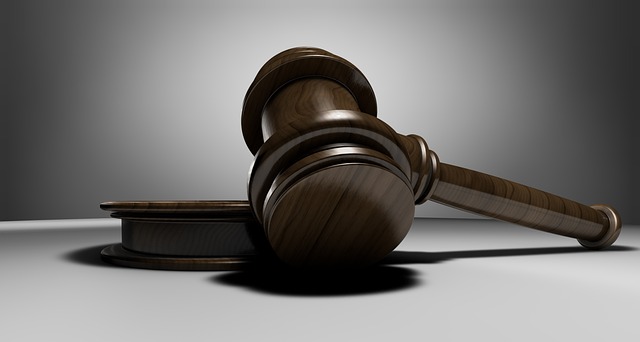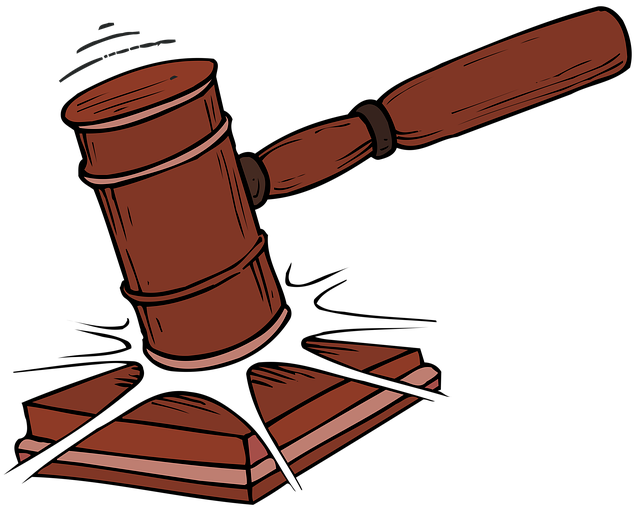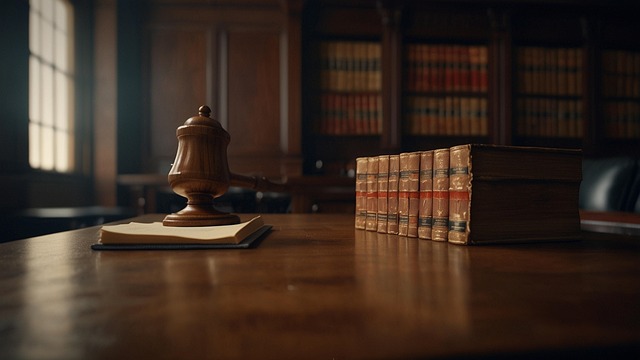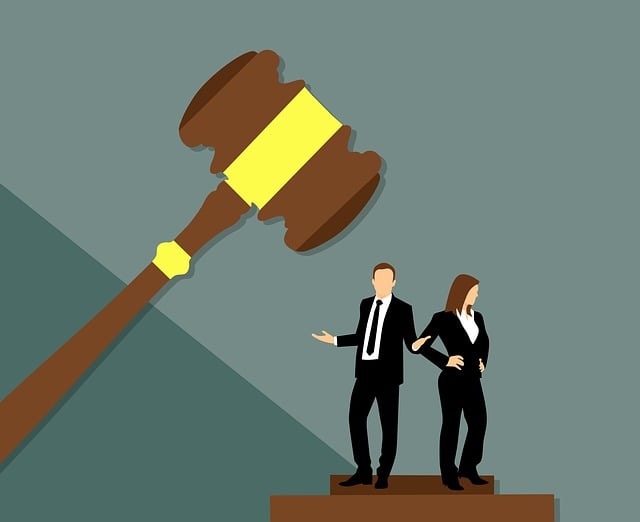Defamation lawsuits, focusing on false statements damaging reputation, require proving falsity, communication to others, and actual/special damages (slander/libel). High-profile case outcomes shape legal precedents and public perception, influencing settlements that set standards for similar disputes. Strategic decisions involve choosing between settling or going to trial, considering benefits like quicker resolutions and reputation protection. Understanding defamation limits, with varying outcomes across jurisdictions, is crucial for securing favorable outcomes and limiting liability through careful legal strategy.
In the intricate realm of criminal law, defamation cases stand as complex and high-stakes battles, where reputation hangs in the balance. This article navigates the crucial aspects of defamation lawsuits, exploring their key elements, prominent case outcomes, and strategic considerations. We delve into the decision between out-of-court settlements and trials, analyzing their impacts on reputations and liability limits. Understanding these dynamics is essential for both victims seeking justice and defendants facing potential ruin.
- Understanding Defamation Lawsuits: Key Elements and Definitions
- High-Profile Defamation Case Outcomes: A Closer Look
- Settling Out of Court vs. Going to Trial: Strategies
- The Impact of Defamation on Reputations and Liability Limits
Understanding Defamation Lawsuits: Key Elements and Definitions

Defamation lawsuits are a crucial aspect of criminal law cases, focusing on the harm caused by false statements that damage an individual’s reputation. To succeed in a defamation case, plaintiffs must prove several key elements, including a false statement, publication or communication of that statement to a third party, and actual or special damages. Defamation can take various forms, such as slander (oral defamation) or libel (written defamation), each carrying its own legal implications and potential remedies.
Understanding the intricacies of defamation law is essential for both corporate and individual clients. The outcome of such cases can significantly impact the respective business or personal reputation, leading to substantial financial settlements or non-monetary remedies like an apology or retraction. Achieving extraordinary results in defamation cases often requires robust legal strategies tailored to each unique situation, ensuring that rights are protected and justice is served.
High-Profile Defamation Case Outcomes: A Closer Look

In recent years, high-profile defamation cases have garnered significant attention, with notable outcomes shaping legal precedents and public perception. These cases often involve prominent individuals or respected businesses, leading to settlements that can set new standards for similar disputes across the country. For his clients, these resolutions serve as a beacon of hope, demonstrating the potential for justice and fair compensation.
The results of such high-profile defamation case outcomes have far-reaching implications. They not only provide guidance for legal teams navigating similar scenarios but also influence public discourse on issues of reputation management and media accountability. As these cases work their way through the legal system, they often result in substantial settlements, reflecting the respect for an individual’s or business’s respective business integrity and the value placed on repairing harm done through false accusations.
Settling Out of Court vs. Going to Trial: Strategies

When faced with a criminal law case, one of the critical decisions involves choosing between settling out of court or going to trial. This strategic move can significantly impact the ultimate outcome and the party’s future. Out-of-court settlements, often referred to as alternative dispute resolution, are becoming increasingly popular across the country due to their numerous advantages. In a defamation case, for instance, an out-of-court settlement could lead to more favorable outcomes and quicker resolutions compared to lengthy trials. This approach allows both parties to avoid the public scrutiny and negative publicity associated with high-profile criminal cases, which can be particularly beneficial when preserving a reputation is essential.
Strategizing for this decision involves a thorough understanding of the case’s strengths and weaknesses, as well as an assessment of the potential costs and benefits. A general criminal defense strategy may include negotiating with prosecutors to reach a plea bargain, which could result in reduced charges or sentences. However, going to trial offers the chance to present one’s story before a judge or jury and aim for an acquittal or a more favorable verdict compared to the outcomes of settlements. Ultimately, whether settling or going to trial, the goal is to protect one’s rights while achieving the best possible result, especially when considering the potential long-term effects on personal and professional life, as well as the cost of prolonged legal battles.
The Impact of Defamation on Reputations and Liability Limits

Defamation, a powerful tool for holding individuals accountable for false statements that harm others’ reputations, has profound implications in criminal law cases. When a person’s character is wrongfully maligned, it can lead to severe consequences, including significant financial settlements and lasting damage to their professional and personal lives. The impact of defamation goes beyond mere monetary compensation; it can affect an individual’s ability to find employment, maintain relationships, and even access certain opportunities.
Understanding the limits of liability in defamation cases is crucial. While some may seek to avoid indictment by strategically managing evidence and defenses, outcomes vary across the country. Defamation case settlements can range widely, depending on factors like the severity of the false statements, the extent of harm caused, and the unique circumstances of each case. For his clients, securing favorable outcomes and limiting liability requires careful legal strategy and a deep understanding of both state laws and public perception.
Defamation lawsuits, with their intricate legal nuances, can significantly impact individuals and organizations alike. Understanding the key elements, exploring high-profile case outcomes, and considering strategic settlement options are essential steps in navigating these complex cases. By examining real-world scenarios and adopting informed approaches, individuals can mitigate reputational damage and manage potential liabilities effectively. Whether through court victories or settlements, awareness of defamation laws empowers parties to protect their reputations and seek justice.






